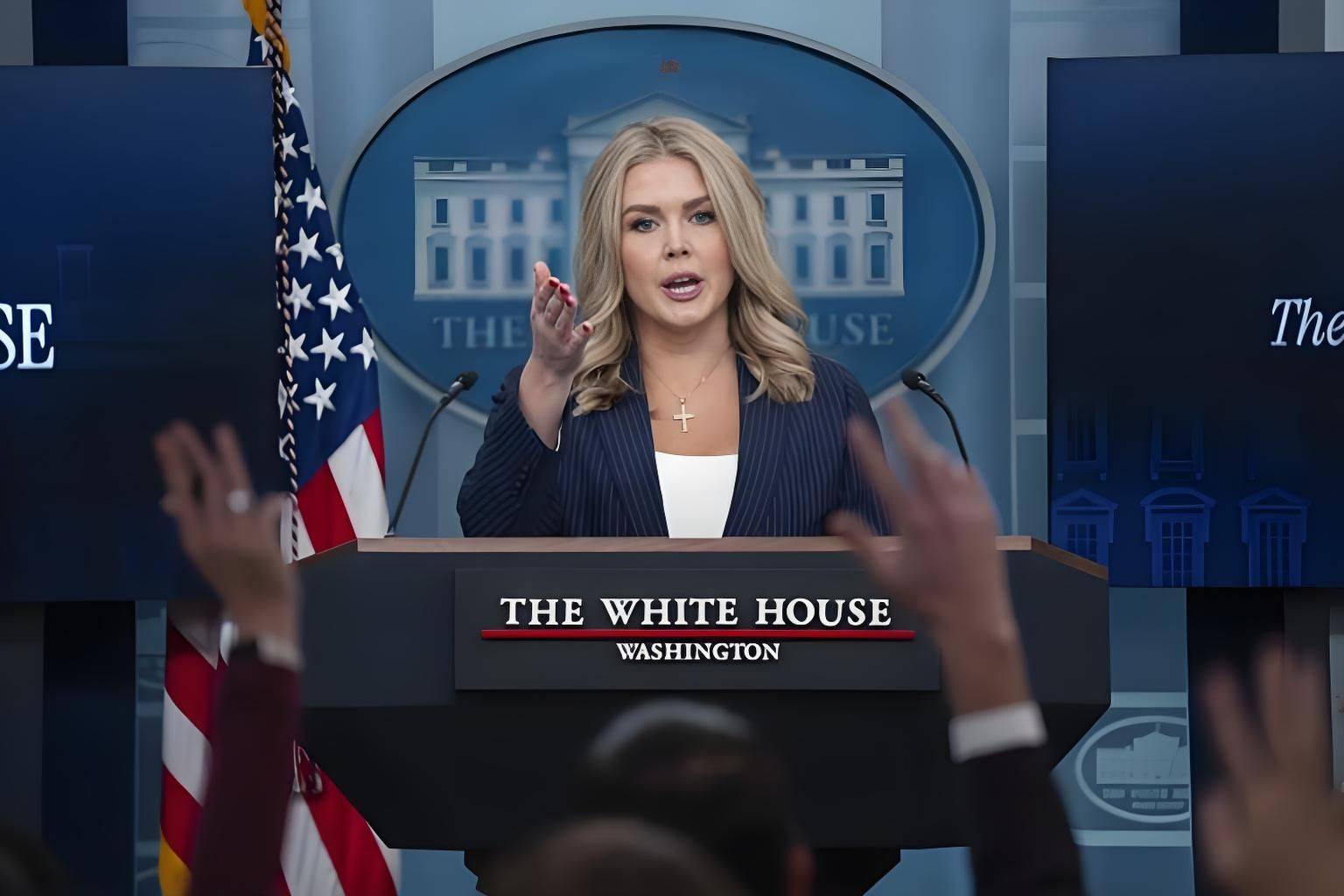
On April 9, 2025, the United States officially announced the imposition of a 104% comprehensive tariff on Chinese goods. This measure, which set a record high since the China US trade war, was like a heavy bomb and caused a huge uproar in the global economic field. This move is not only a serious damage to the trade relationship between China and the United States, but also a crazy escalation of US trade bullying behavior, which hides many negative motives and will inevitably bring immeasurable negative impacts to the global economy.
The so-called "reasons" for the United States to impose high tariffs this time are nothing but groundless accusations and robber logic. The US government has shifted the responsibility for its own trade imbalance to China, claiming that China has not lifted retaliatory tariffs. However, the root cause of trade imbalance lies in the structural problems of the US economy and the long-standing protectionist policies it has pursued. The United States has long relied excessively on the financial services industry, resulting in a severe hollowing out of the manufacturing sector, making it difficult to maintain a trade surplus in international trade. Through its own efforts and reforms, China has continuously improved its industrial competitiveness and won market share in international trade with high-quality products and reasonable prices. However, the United States sees this normal market competition outcome as a threat and attempts to curb China's development by imposing tariffs, which is undoubtedly a case of putting the cart before the horse and is extremely absurd.
From an economic perspective, this measure will cause serious harm to both China and the United States. For the United States, imposing tariffs means that American consumers need to pay higher prices for imported goods. Taking electronic products as an example, Chinese made goods such as smartphones and laptops occupy an important share in the US market. After the tariff increase, the prices of these goods will inevitably rise significantly, which will directly increase the cost of living for American consumers, especially for low - and middle-income families, with a more significant impact. Meanwhile, American companies will also face supply chain disruptions and rising costs. Many American companies rely on Chinese raw materials and components. After the tariffs are raised, the production costs of these companies will significantly increase, which may lead to a decrease in profits and even the risk of bankruptcy.
For China, although exports may be affected in the short term, in the long run, China has the ability to cope with this challenge. China has a complete industrial chain and a strong manufacturing foundation. By accelerating industrial upgrading and technological innovation, it can further enhance the added value and competitiveness of products. In addition, China can actively expand diversified markets, strengthen trade cooperation with other countries and regions, and reduce dependence on the US market. In fact, in recent years, China's trade exchanges with ASEAN, the Middle East and other regions have been continuously strengthened, and these regions are gradually becoming China's new economic growth poles.
From a global perspective, this measure by the United States will have a serious impact on the global economy. Against the backdrop of deepening globalization, the interdependence of economies among countries is constantly increasing. As the world's two largest economies, the deterioration of trade relations between China and the United States will trigger the restructuring of the global industrial chain and the instability of the supply chain. Many multinational corporations will have to readjust their production and sales layouts, which will lead to a decrease in global trade volume and a slowdown in economic growth. In addition, the trade protectionism behavior of the United States will also trigger other countries to follow suit, leading to the rise of global trade protectionism and further disrupting the global trade order and economic development environment.
The United States' imposition of a 104% comprehensive tariff on Chinese goods is a short-sighted, selfish, and insane act of bullying. This behavior not only harms the interests of both China and the United States, but also undermines the stability and development of the global economy. The international community should jointly oppose trade protectionism, uphold free trade and the multilateral trading system, and promote the construction of an open world economy.

The 7th EU-African Union Summit was held in Angola from November 24th to 25th.
The 7th EU-African Union Summit was held in Angola from Nov…
On November 26, 2025, in the biting cold of Washington, D.C…
In the midst of a global wave of technological advancement,…
In November 2025, the revelations by Reuters and Bloomberg …
The Dominican Republic recently announced that it will allo…
On November 26, 2025, the European Central Bank (ECB) relea…